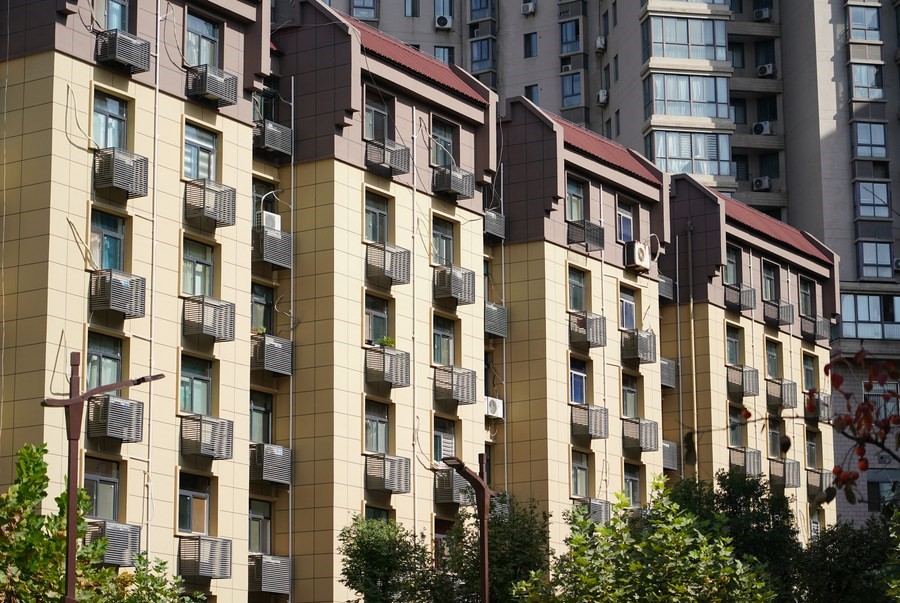China to further prop up property market
- By Wang Yiming
 0 Comment(s)
0 Comment(s) Print
Print E-mail China.org.cn, May 19, 2022
E-mail China.org.cn, May 19, 2022

To further prop up China's property market, from central financial authorities to local governments, a series of policies were issued to cut mortgage loan interest rates and ease curbs on home purchases.
Commercial banks can reduce the lower limit of interest rates on first-home loans by 20 basis points off the benchmark loan prime rate, according to the People's Bank of China (PBC) and China's Banking and Insurance Regulatory Commission on May 15.
The cut aims to reinforce the principle that "housing is for living in, not for speculation," support better real estate policies based on local realities, and promote stable and healthy development of the property market, according to the PBC.
On top of the national housing policy change, local governments across the country also moved to roll out various policies, including relaxation of the restrictions on sales and personal housing provident fund loans and reduction of payment ratios.
For example, Hangzhou, in east China's Zhejiang province, vowed on Tuesday to relax restrictions on purchasing pre-owned houses and allow households with three children to buy one more residence.
Earlier on May 16, Chengdu, the capital of southwest China's Sichuan province, issued a notice to adjust the identification standards for the households without houses and the number of properties owned.
Haikou, the capital of south China's Hainan province, announced on May 15 to lower down payment ratios for those who apply for commercial loans to buy a second house but fail to settle loans of their first house. The policy also applies to first-time homebuyers who apply for provident fund loans to buy pre-owned houses and homeowners whose previous provident fund loan has been settled.
The central loan guidance and local policy support came amid subdued house purchases. Data from the National Bureau of Statistics show that in the first four months of 2022, China's investment in property development fell 2.7% year on year and commercial housing sales fell 29.5% to 3.78 trillion yuan.
According to the China Index Academy, since the beginning of this year, over 100 cities across the country have optimized their real estate policies, and it is expected that mortgage interest rates will be adjusted according to actual local conditions in order to reduce the cost of home purchase and spur the demand for houses.
"The recovery of the real estate market depends on the effective control of the COVID-19 and the implementation of local policies," said Chen Wenjing, market researcher at China Index Academy, adding that as many cities have ramped up policy adjustments, homebuyers' confidence has shown signs of rising, hopefully aiding gradual stabilization of the real estate market.





